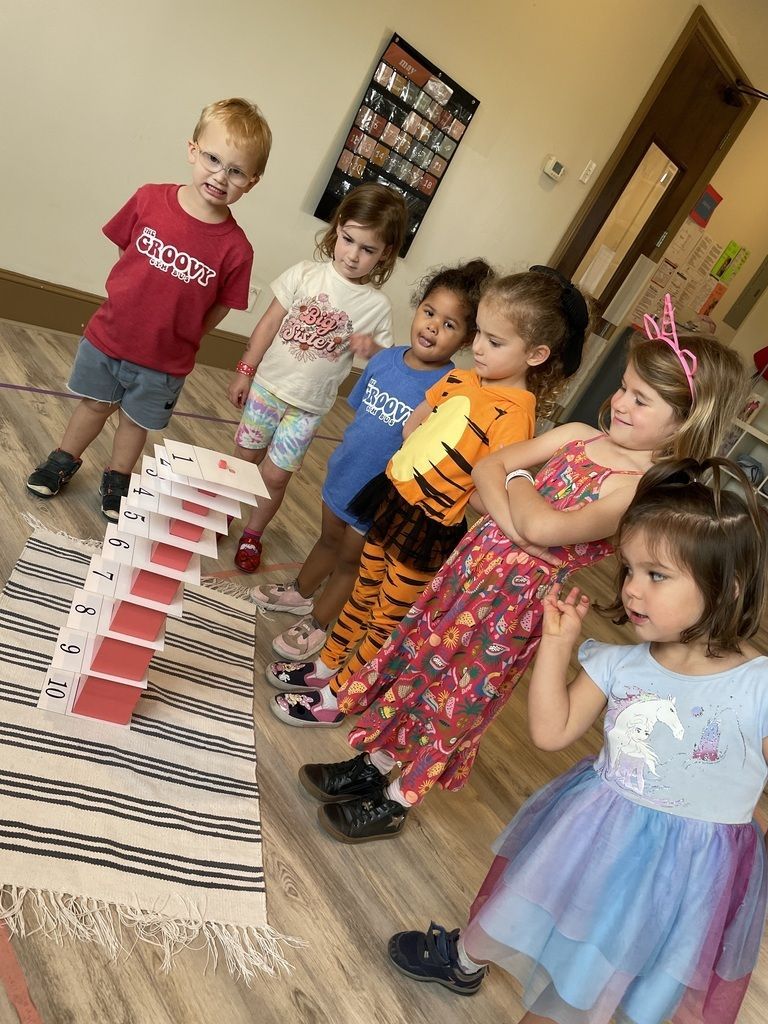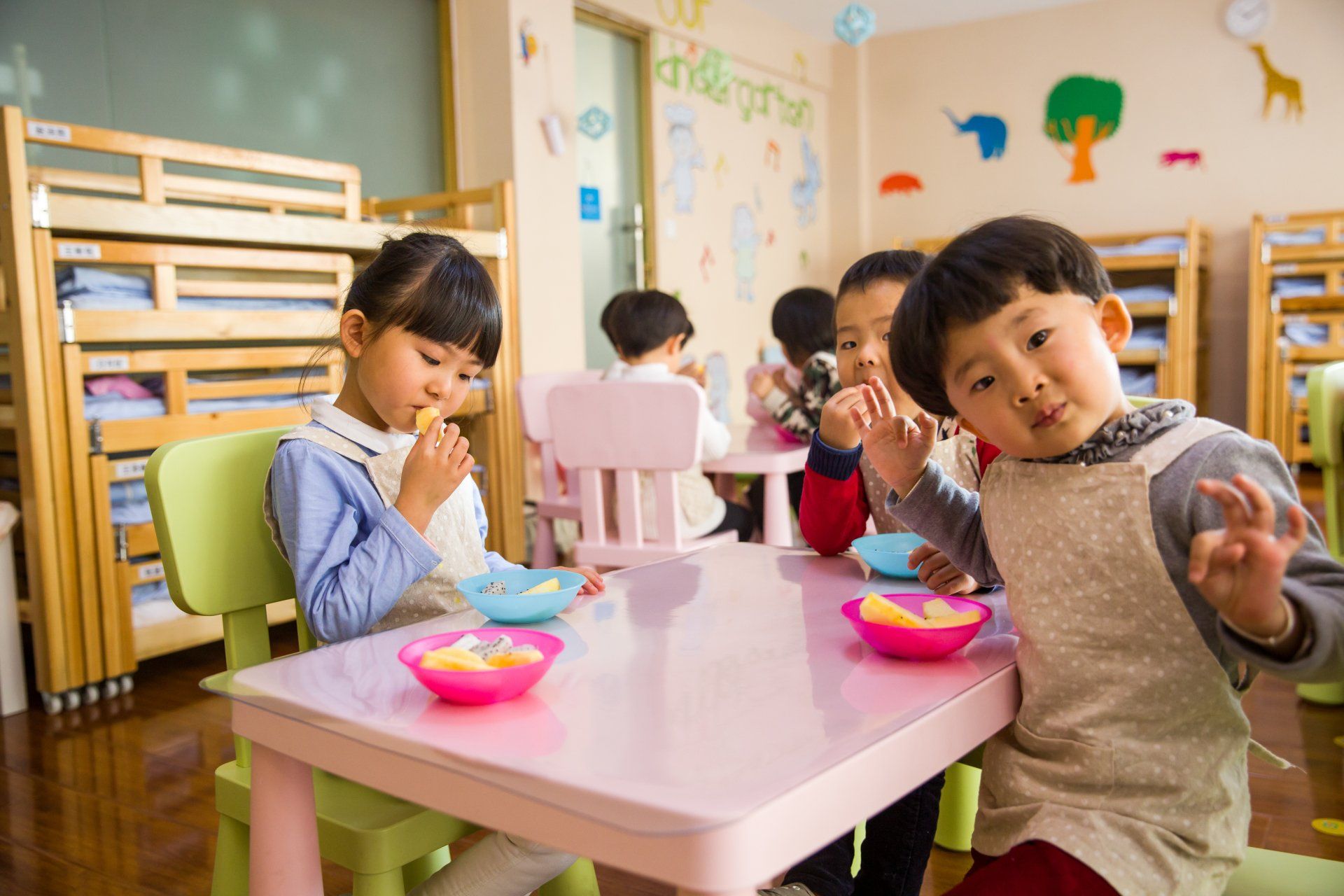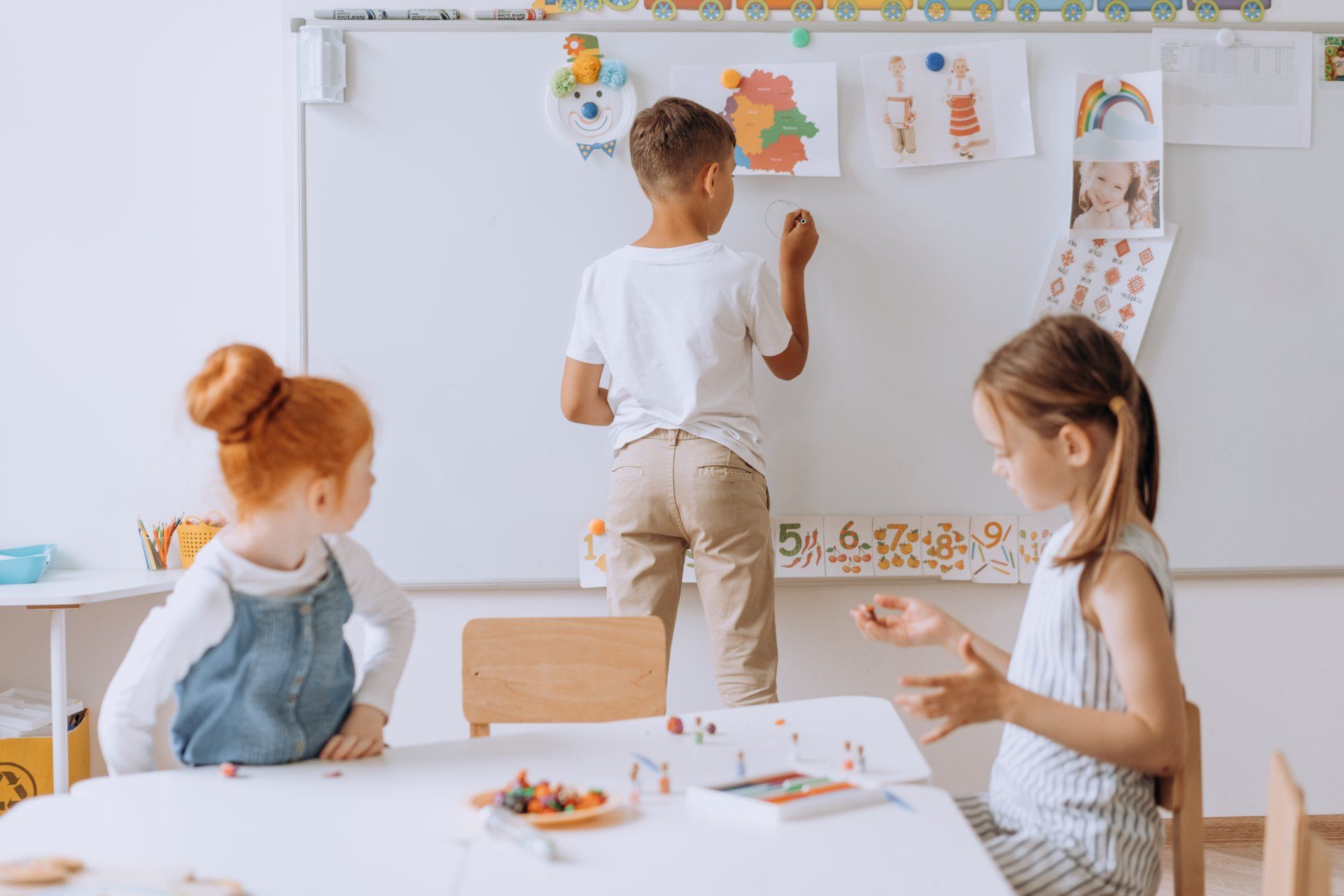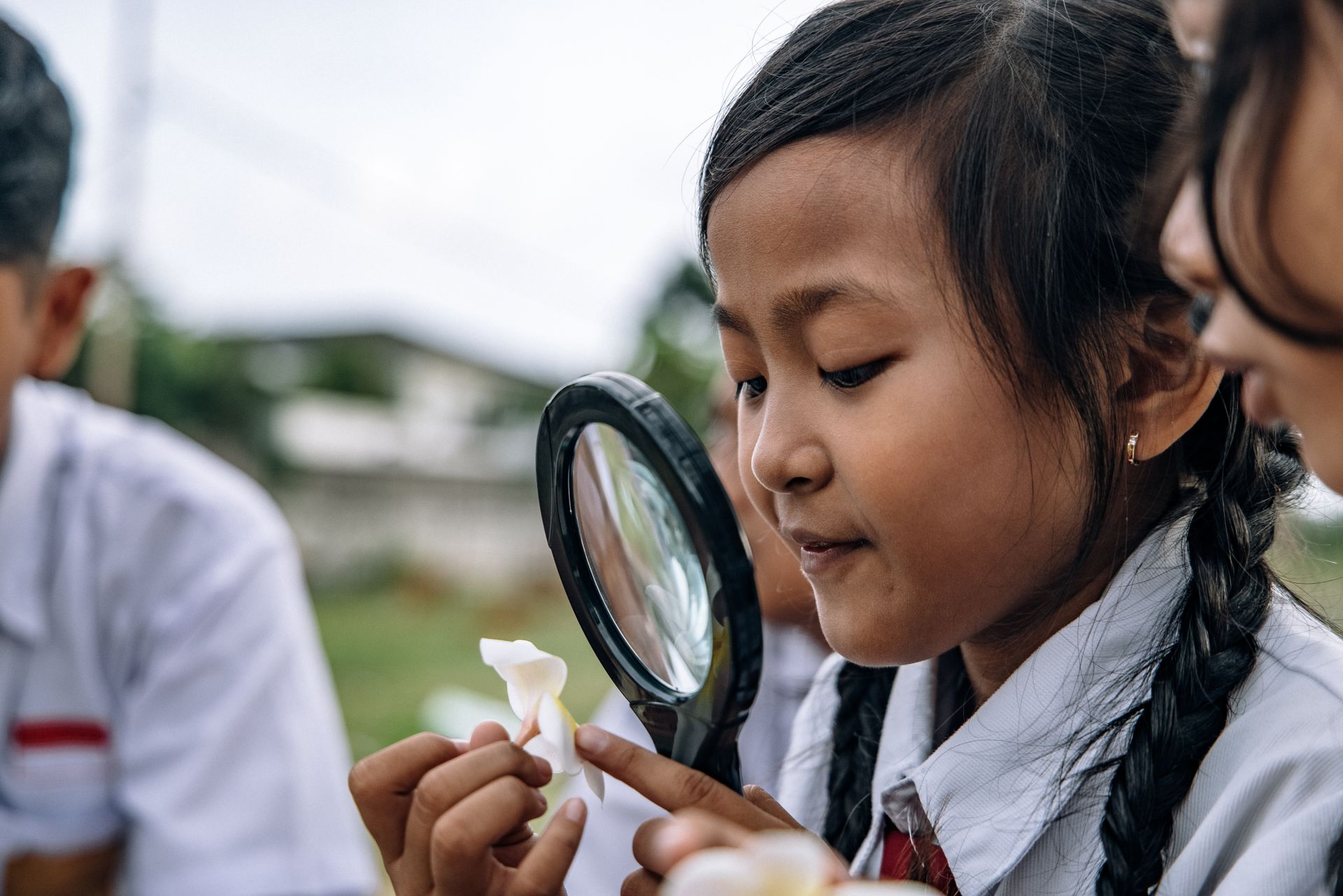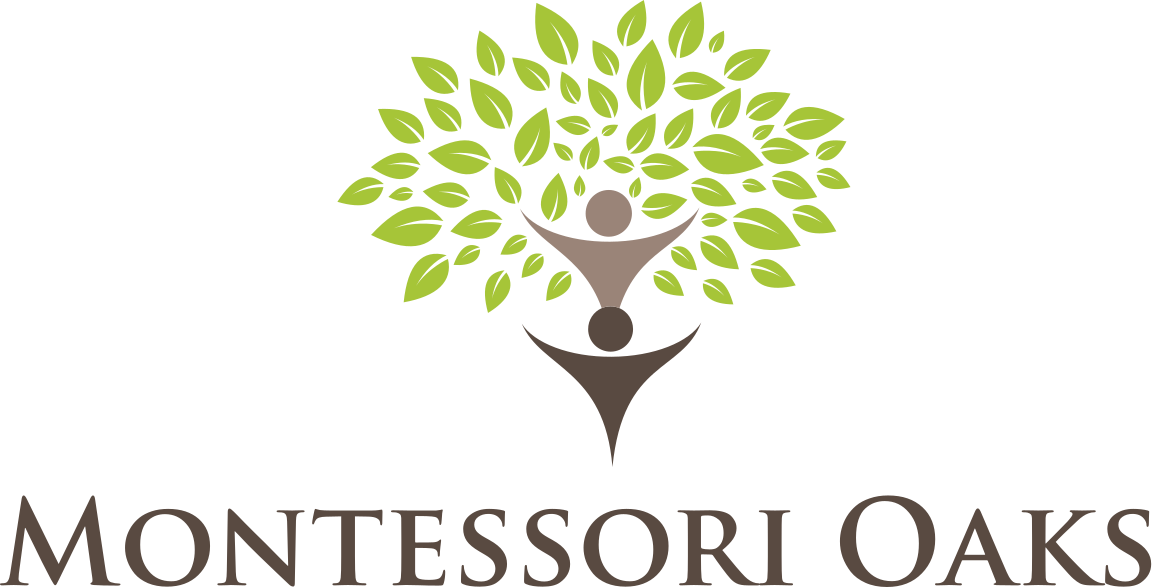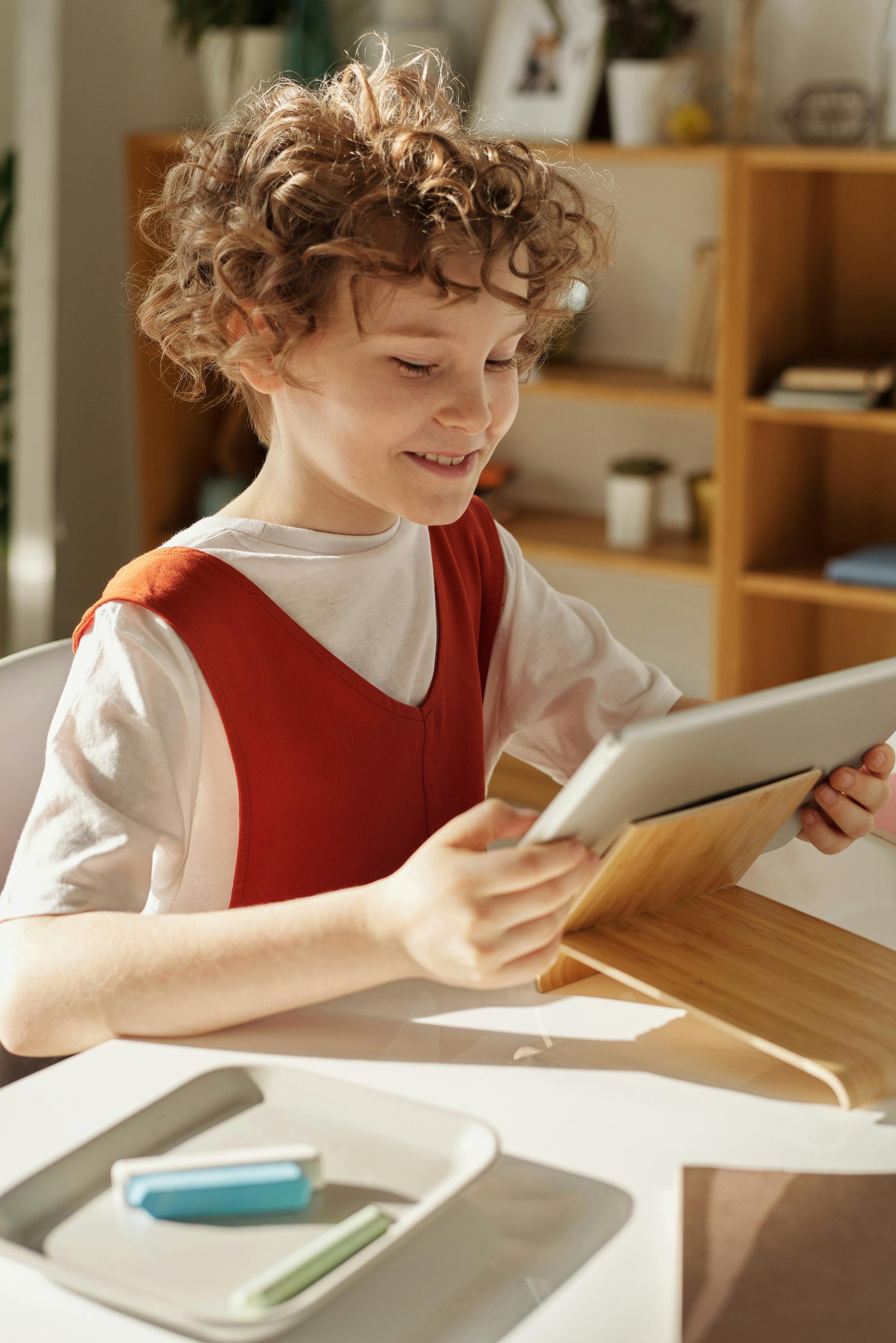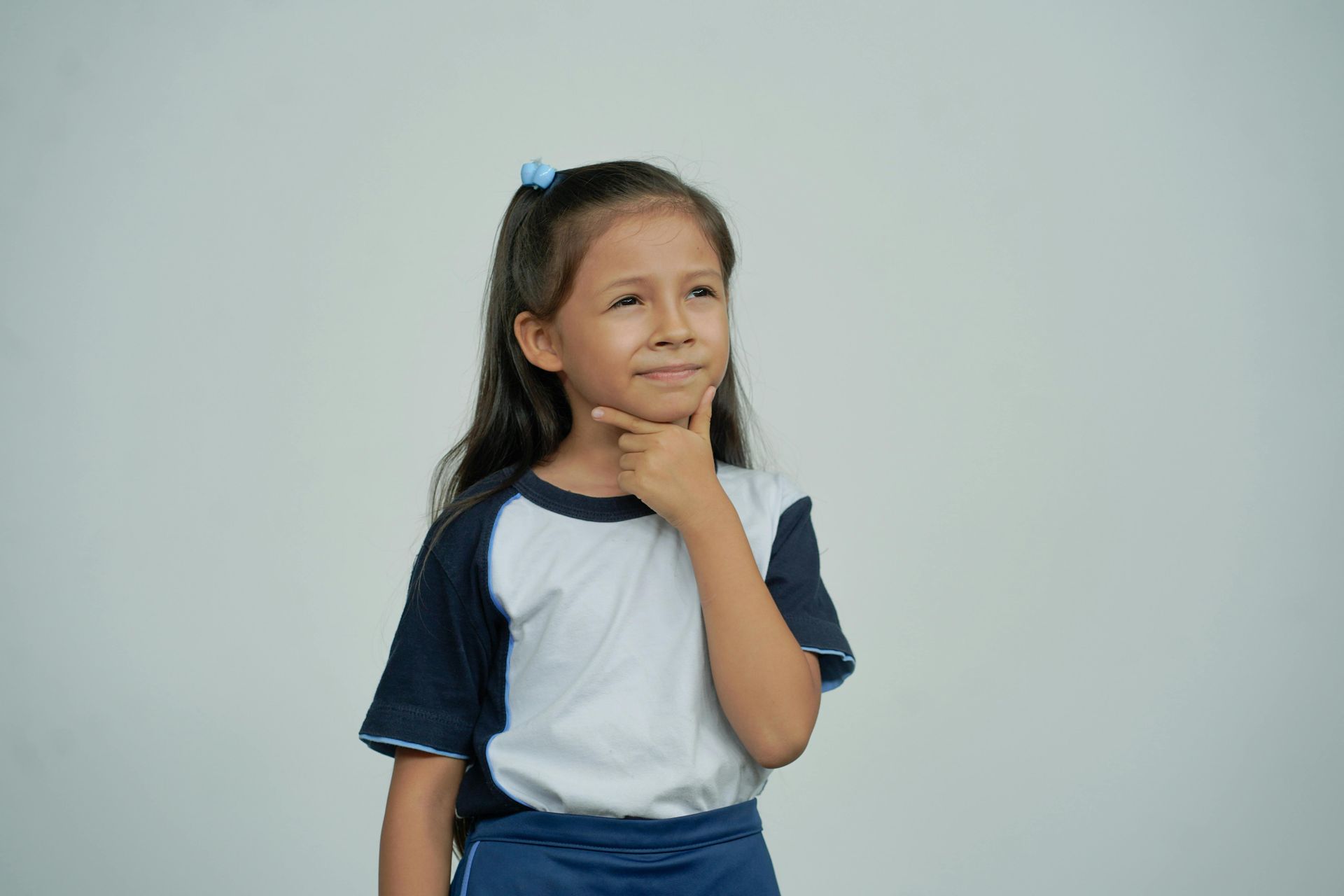How Montessori Prepares Children for Kindergarten and First Grade
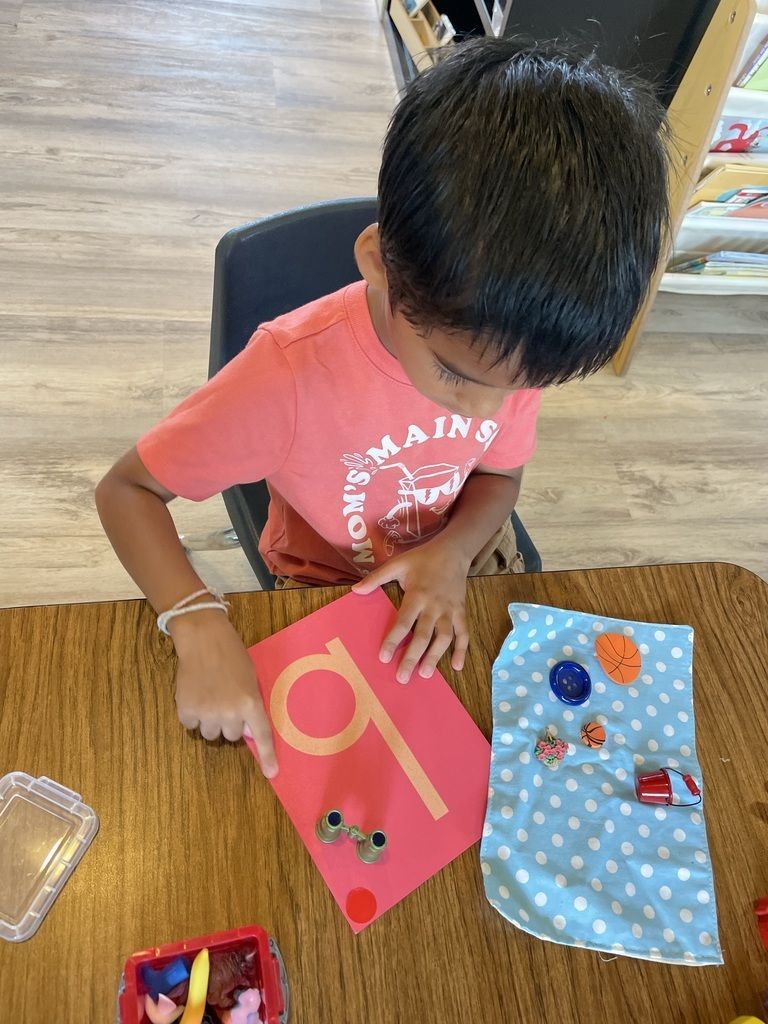
How Montessori Prepares Children for Kindergarten and First Grade
Choosing the right preschool for your child is a crucial decision that will impact their educational journey. The Montessori approach, with its unique blend of child-led learning and hands-on activities, is often lauded for its effectiveness in preparing children for the academic and social challenges in kindergarten and first grade. Here’s how Montessori education makes a difference:
Development of Independence and Self-Discipline
One of the core principles of Montessori education is fostering independence in children. From an early age, children in Montessori classrooms are encouraged to make choices about their learning activities. They learn to manage their time, follow through on tasks, and take responsibility for their learning. This self-discipline translates into a smooth transition to kindergarten and first grade, where children have expectations to work independently and follow classroom routines.
Hands-On Learning and Concrete Understanding
Montessori classrooms have hands-on learning materials that help children grasp abstract concepts through concrete experiences. Montessori math materials, for example, the Golden beads, help children develop a deep understanding of numbers and the decimal system. These tactile learning experiences ensure that children are not just memorizing facts but are comprehending the underlying concepts. This solid foundation is invaluable in kindergarten and first grade, where more abstract thinking and problem-solving skills are required.
Enhanced Social and Emotional Skills
Montessori education places a strong emphasis on social and emotional development. Children work collaboratively, respect others, and resolve conflicts peacefully. Mixed-age classrooms, a hallmark of Montessori schools, allow younger children to learn from older peers and vice versa, fostering community and empathy. These social skills are critical for kindergarten and first grade, where children navigate group dynamics and build friendships.
Cultivation of Curiosity and Love for Learning
In Montessori classrooms, the curriculum ignites curiosity and a love for learning. Children are encouraged to explore subjects that interest them, which keeps them engaged and motivated. This intrinsic motivation is powerful as children move into more structured educational settings. Kindergarten and first-grade teachers often note that children from Montessori backgrounds are enthusiastic learners who approach new challenges with confidence and curiosity.
Development of Fine and Gross Motor Skills
Practical life activities like pouring, buttoning, and using tweezers are integral to Montessori education. These activities develop fine motor skills fundamental for writing and other classroom tasks in kindergarten and first grade. Additionally, Montessori schools often incorporate activities that build gross motor skills, ensuring that children are physically ready for the demands of more advanced learning environments.
Strong Language and Communication Skills
Montessori education places a strong emphasis on language development. At an early age, children develop rich vocabulary through storytelling, reading, and conversation. Montessori materials like Sandpaper Letters and Moveable Alphabet help children develop phonemic awareness and early writing skills. By the time they reach kindergarten, Montessori children are often proficient in reading and writing, giving them a head start in their formal education.
Preparation for Academic Rigor
Montessori education aligns with many academic skills required in kindergarten and first grade. The emphasis on sequential learning, where children build on previous knowledge, ensures a strong foundation. Montessori children often enter kindergarten with advanced math, reading, and writing, allowing them to excel in more structured academic environments.
Conclusion
Montessori education provides a holistic approach to early childhood development, ensuring that children are well-prepared for kindergarten and first grade. By fostering independence, hands-on learning, social-emotional development, and a love for learning, Montessori schools equip children with the tools they need for academic success and beyond. For parents seeking an educational approach that nurtures the whole child, Montessori offers a proven pathway to a bright and confident start in school.
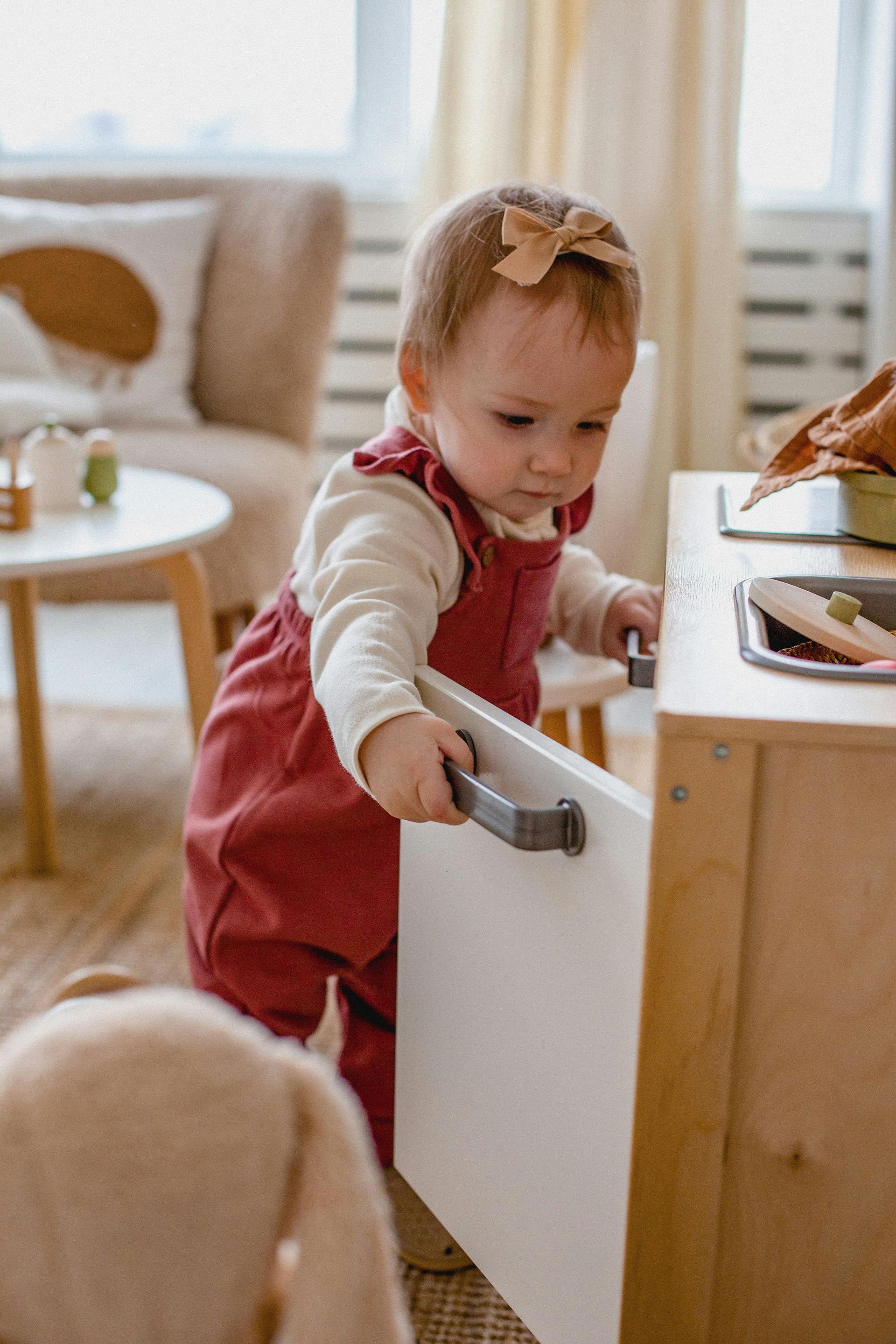
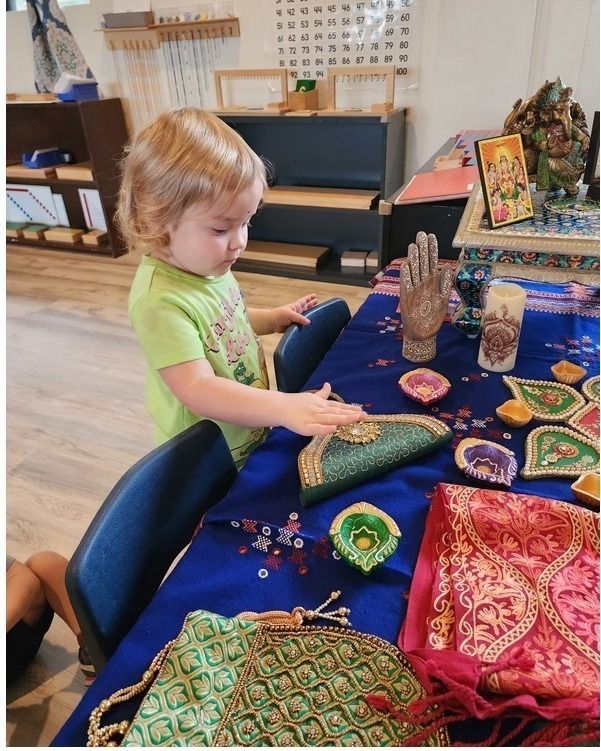
The Importance of Global Citizenship in Montessori Education: Introducing Kids to Different Cultures
